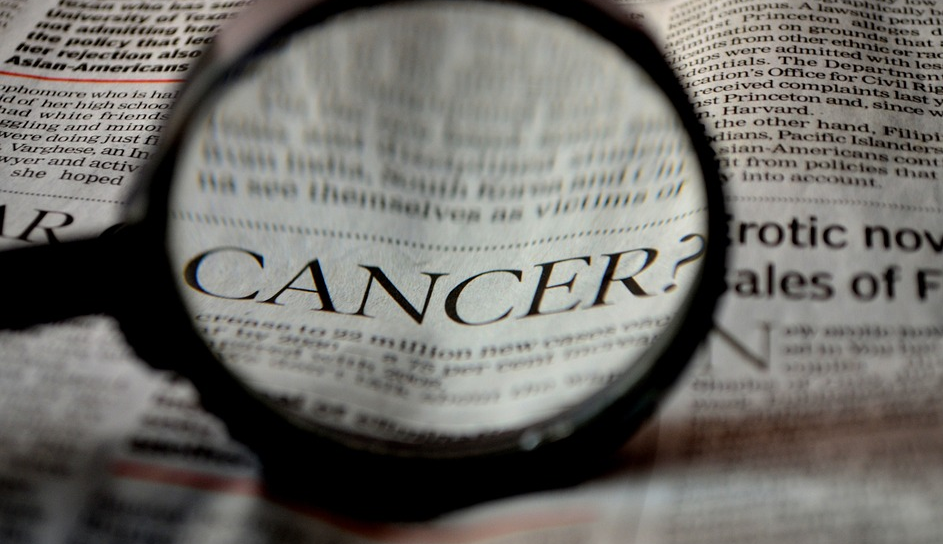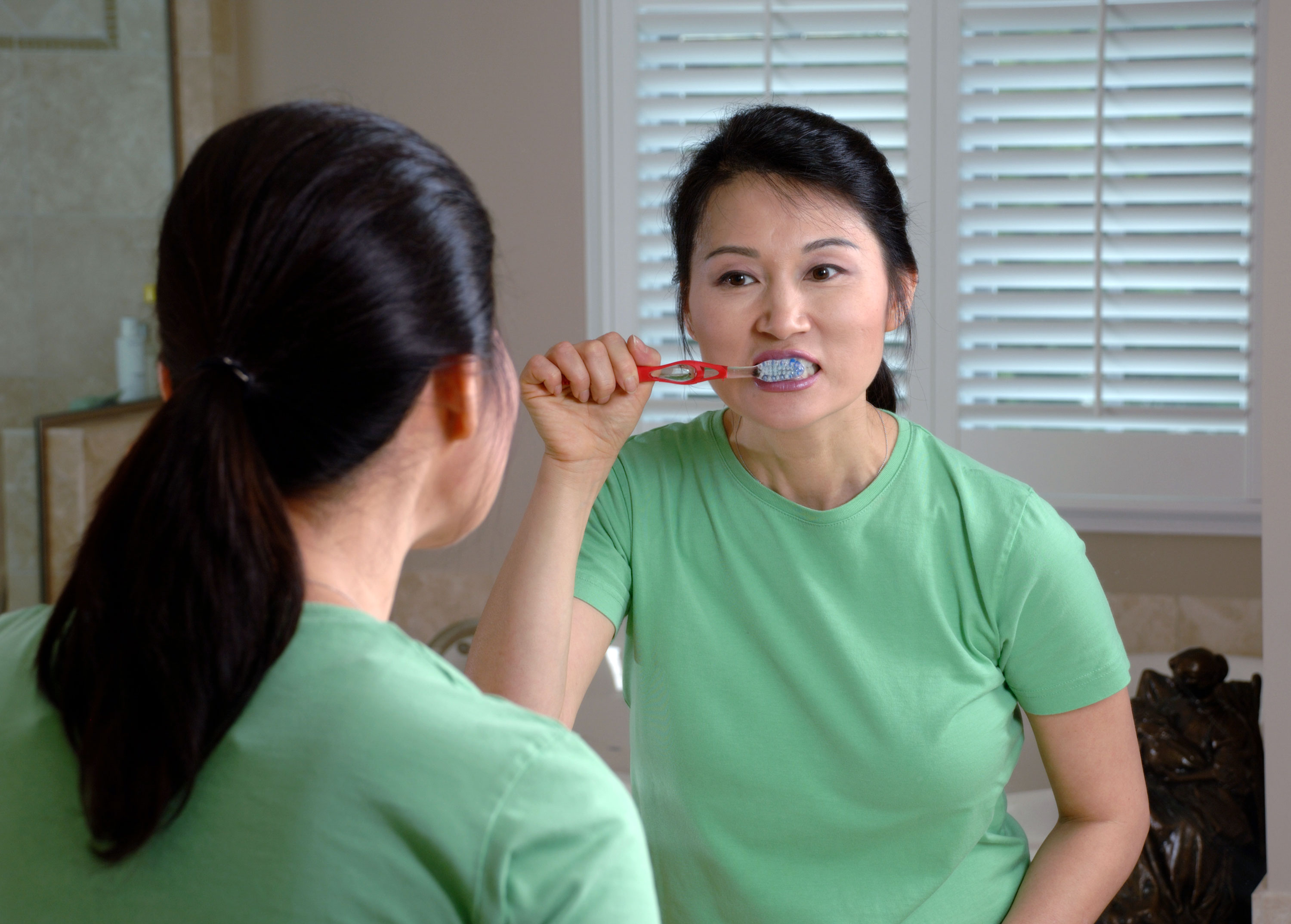Put the phone down: Too much screen time can harm your eyes and cause vision loss
04/05/2019 / By Zoey Sky

If your eyes always feel dry after looking at your phone, it might be time to take a long break from using your handheld devices. According to a study, excessive phone usage, especially at night, may cause dry eyes or even vision loss.
The study, which was published in the journal Scientific Reports, was conducted by researchers from the University of Toledo.
The link between blue light and macular degeneration
Laptops and handheld devices like smartphones all transmit light. However, these all emit blue light, which may be harmful to your eyes. In the study, researchers found this type of light may cause macular degeneration, one of the leading causes of vision loss in the U.S.
In a released statement, Dr. Ajith Karunarathne, assistant professor at UT’s department of chemistry and biochemistry, explained that blue light harms your vision by damaging the eye’s retina.
Macular degeneration occurs due to photoreceptor cell death in the retina. These photoreceptor cells capture visual images and signal them to the brain using a molecule called retinal. The eye produces retinal and it is triggered by blue light and causes various chemical reactions. These reactions within the eye may harm the photoreceptor cell molecules. When these photoreceptor cells die, they can no longer regenerate.
In the study, the researchers introduced retinal to other cells in the body such as heart cells, cancer cells, and neurons. These various retinal-infused cells also died after they were exposed to blue light. The research team did not observe any changes when either blue light or retinal was used alone.
Additionally, the scientists exposed various cells throughout the body to green, yellow, and red light. These other lights did not have any significant effect on the cells. Dr. Karunarathne warned that retinal-generated toxicity by blue light is universal and that it can kill any cell type.
While the study results suggest that the combination of blue light and retinal can damage cells, it is worth noting that these experiments were conducted in a laboratory setting and not on volunteers themselves.
Karunarathne concluded: “We caution the public that our study does not show that light from mobile devises or other digital screens cause blindness… Whether blue light from mobile devises and digital screens induces similar toxicity levels is an unanswered question and is currently under investigation.”
While age-related macular degeneration (AMD) affects people of all ages, it usually occurs after age 60. But experts believe that the condition may start affecting younger individuals due to “increased use of blue light technologies.”
Tips for minimizing blue light damage
The BrightFocus Foundation reported that at least 11 million people in the U.S. currently have some form of AMD. This number is expected to reach a whopping 22 million by 2050. Globally, the condition may affect at least 288 million people by 2040. (Related: Blue light from digital devices causes eye strain and increased risk of macular degeneration.)
Harmful blue light doesn’t just come from handheld devices. In fact, it also comes from natural sunlight. Certain situations, like using your phone at night, may also intensify blue light. This is because transmitted blue light, especially in the dark, channels the light into a very small area inside your eye.
Blue light from these screened devices may also lead to dry eyes. Dr. Angela Bevels, founder and owner of Elite Dry Eye Spa, noted that some studies have determined that the increased usage of handheld devices is linked to “an increase in the development of dry eyes due to a decreased blink rate.” This makes your tears evaporate faster, which makes the cornea dry out.
Follow the tips below to protect your eyes from blue light damage.
- Use special features on your phone to decrease the amount of blue light that’s displayed on the screen of your device. Apple devices have a “night shift” while Samsung has a “blue light filter.”
- Limit your phone usage so your eyes can rest, especially if you use a computer at work. Even closing your eyes for several seconds or gazing into the distance can help relax the muscles of your eyes and reduce unnecessary strain.
- Stop smoking. Cigarettes produce cyanide, which damages your eyes.
- Keep your eyes moist. Fully blink throughout the day to moisten your eyes. Use homeopathic eye drops or a humidifier if you live in a dry area.
- Eat foods that can boost eye health. A diet full of colorful fruits and vegetable that contain antioxidants and carotenoids can help protect your eyes from blue light and other stressors. The three best carotenoids for eye health are zeaxanthin, lutein, and astaxanthin. Vegetables that contain zeaxanthin include green vegetables like broccoli, kale, and spinach. Sources of lutein include green, leafy vegetables and yellow and orange fruits and vegetables like carrots, corn, and tomatoes. Astaxanthin is found in seafood like salmon and shrimp.
If you wish to improve your eye health, limit your phone usage and make positive lifestyle changes.
Sources include:
Tagged Under: age-related macular degeneration, AMD, blindness, blue light, Cell Phone Dangers, cell phones, digital devices, dry eyes, excessive phone usage, eye health, eye strain, gadgets, iPhone, macular degeneration, mobile device, mobile phones, phone usage, retinal cells, screen time, Smartphones, sunlight, technology, vision loss



















